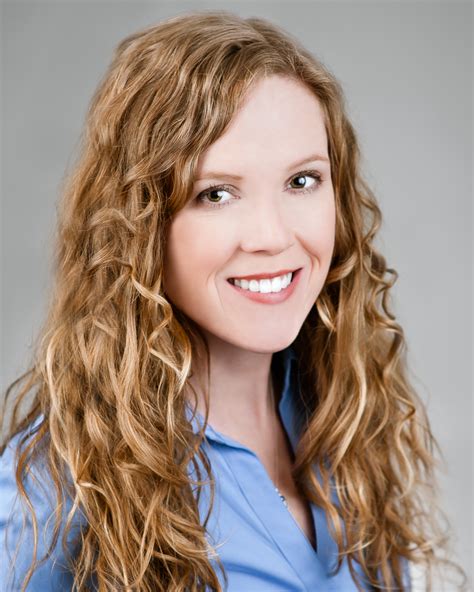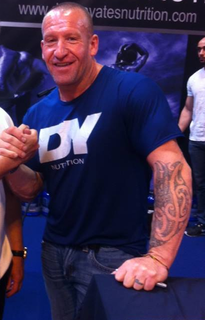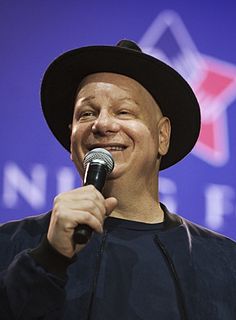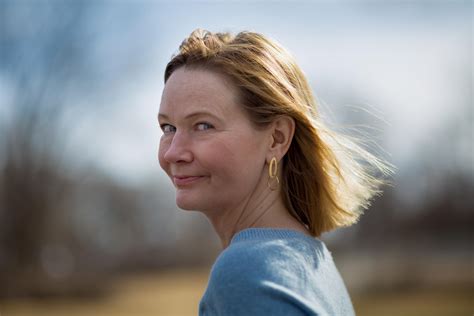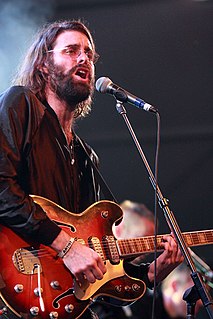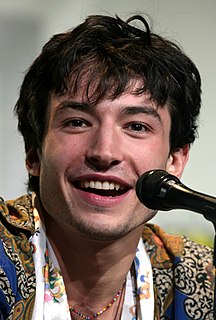A Quote by Chris Thile
I didn't have stage parents and sometimes I've envied people who did because I felt like, I guess, I'm compulsively worried I'm not accomplishing enough.
Related Quotes
Sometimes I felt lonely because I pushed people away for so long that I honestly didn't have many close connections left. I was physically isolated and disconnected from the world. Sometimes I felt lonely in a crowded room. This kind of loneliness pierced my soul and ached to the core. I not only felt disconnected from the world, but I also felt like no one ever loved me. Intellectually, I knew that people did, but I still felt that way.
Conservatism means re-embracing true free enterprise. True free enterprise, which I believe and not because my parents were wealthy, not because I inherited millions of dollars because I did not, but because as I walked on to the stage here today, I walked through the kitchen of this hotel and I met people and shook the hands of people who are doing the jobs my parents once did.
One of the big changes in politics has been because families, individuals, have felt worried, insecure... worried about the economy, worried about their jobs, worried about their kids' futures... actually the disconnect between the public and media discourse and people's everyday concerns has become bigger not smaller.
And from the first moment that I ever walked on stage in front of a darkened auditorium with a couple of hundred people sitting there, I was never afraid, I was never fearful, I didn't suffer from stage fright, because I felt so safe on that stage. I wasn't Patrick Stewart, I wasn't in the environment that frightened me, I was pretending to be someone else, and I liked the other people I pretended to be. So I felt nothing but security for being on stage. And I think that's what drew me to this strange job of playing make-believe.
It was frustrating when people loved you and took an interest in you and sometimes worried about you and personally cared what you did with yourself. Lena wished that love were something you could flip on and off. You could turn it on when you felt good bout yourself and worthy of it and generous enough to return it. You could clip it off when you needed to hide or self-destruct and had nothing at all to give." (Lena, 194)
I know that sometimes when you are really worried about something, it ends up not being nearly as bad as you think it will be, and you get to be relieved that you were just being silly, worrying so much over nothing. But sometimes it is just the opposite. It can happen that whatever you are worried about will be even worse than you could have possibly imagined, and you find that you were right to be worried, and even that, maybe, you weren't worried enough.
Once she was gone, I knelt next to Annabeth and felt her forehead. She was still burning up. "You're cute when you're worried," she muttered. "Your eyebrows get all scrunched together." "You are not going to die while I owe you a favor," I said. "Why did you take that knife?" "You would've done the same for me." It was true. I guess we both knew it. Still, I felt like somebody was poking my heart with a cold metal rod.
I got on stage and I went, "Oh wow. No stage fright." I couldn't do public speaking, and I couldn't play the piano in front of people, but I could act. I found that being on stage, I felt, "This is home." I felt an immediate right thing, and the exchange between the audience and the actors on stage was so fulfilling. I just went, "That is the conversation I want to have."
There was a while when I got really bad stage fright and I basically felt...I was incredibly angry. I felt like everything had been taken away from me and it was at that point that I realized how much doing stand up reminds me of my self love and curiosity about myself and love of other people because I don't go on stage to dominate.

